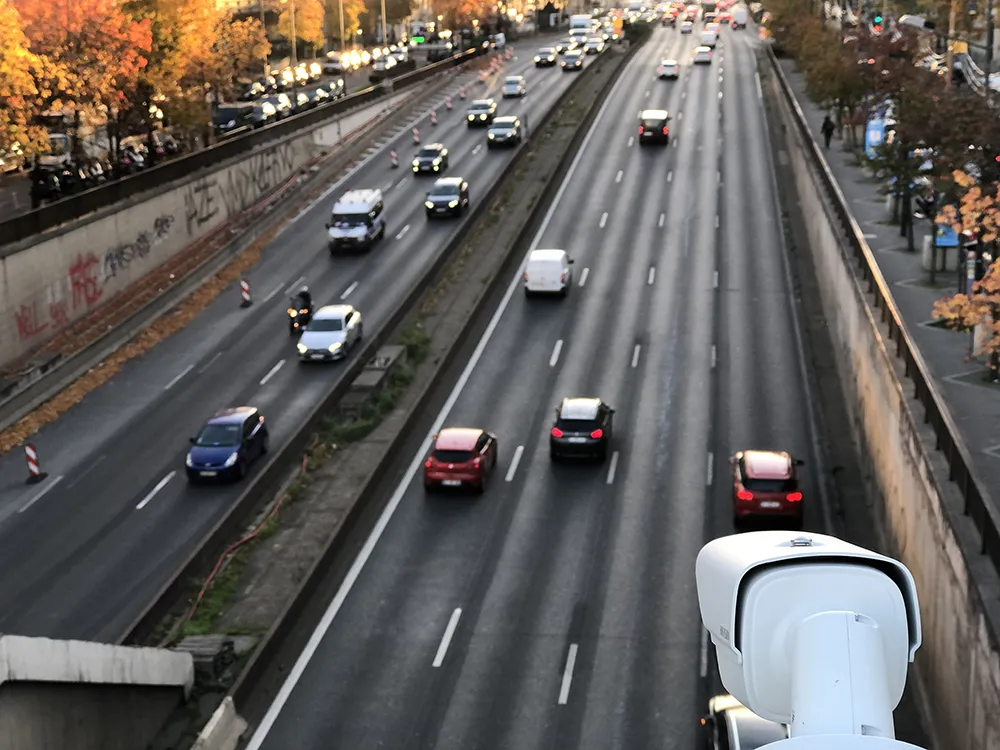Aalborg City Business Association in Denmark is using sensors to measure the impact of major events, such as the annual Christmas market. They have installed BlipTrack, a system developed and produced by Danish information technology company Blip Systems, with sensors placed at various pinch points in the pedestrian area to monitor real-time pedestrian flow, people´s dwell time and movement pattern, from the moment they enter an area until they leave and everywhere in between.
The sensors collect data
December 16, 2014
Read time: 2 mins
Aalborg City Business Association in Denmark is using sensors to measure the impact of major events, such as the annual Christmas market. They have installed BlipTrack, a system developed and produced by Danish information technology company 3778 Blip Systems, with sensors placed at various pinch points in the pedestrian area to monitor real-time pedestrian flow, people´s dwell time and movement pattern, from the moment they enter an area until they leave and everywhere in between.
The sensors collect data on the number of people, where and when they shop, by collecting anonymous data from wi-fi devices, such as mobile phones and tablets and provides the Business Association with an understanding of the impact of large events. The data is also used by the municipality for urban development, to optimise the flow of cars and people. The information also enables retailers to understand retail browsing and purchasing patterns in order to optimise opening hours and allocate staff resources.
“If we are not able to measure the impact of events, such as the Christmas market, which costs over US$168,000 to arrange, then the event is not justifiable, and perhaps money could be better utilised elsewhere,” says Flemming Tingbak, director of Aalborg City Business Association.
The sensors collect data on the number of people, where and when they shop, by collecting anonymous data from wi-fi devices, such as mobile phones and tablets and provides the Business Association with an understanding of the impact of large events. The data is also used by the municipality for urban development, to optimise the flow of cars and people. The information also enables retailers to understand retail browsing and purchasing patterns in order to optimise opening hours and allocate staff resources.
“If we are not able to measure the impact of events, such as the Christmas market, which costs over US$168,000 to arrange, then the event is not justifiable, and perhaps money could be better utilised elsewhere,” says Flemming Tingbak, director of Aalborg City Business Association.










